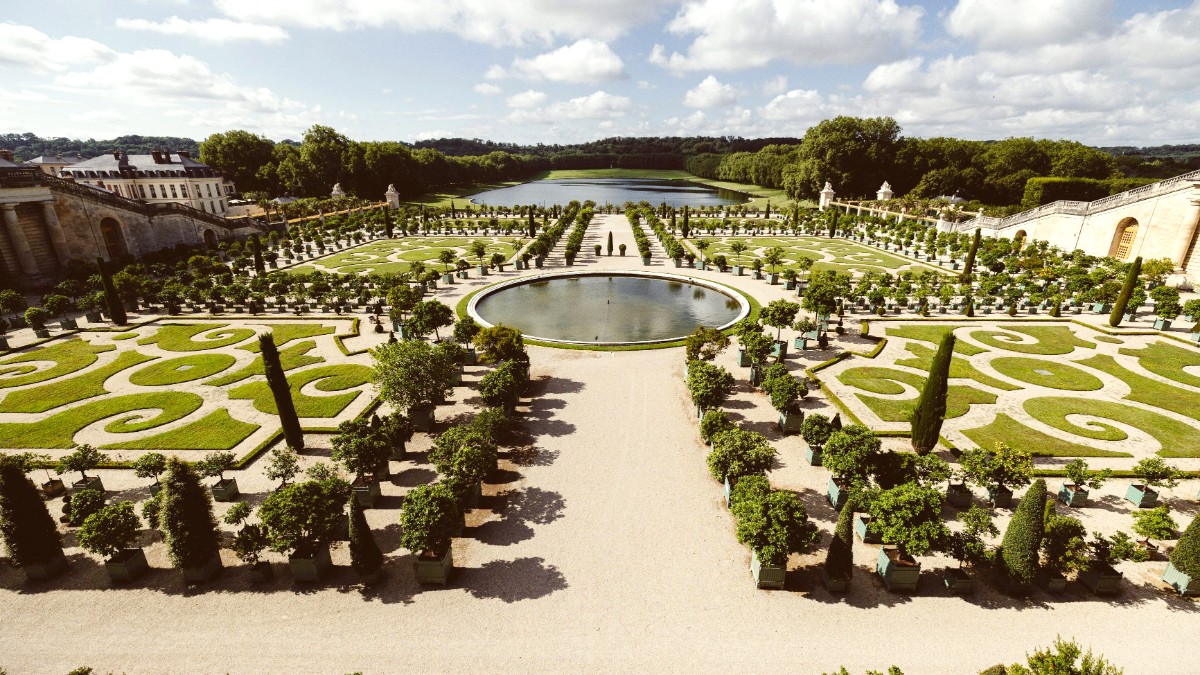
France
The Château de Versailles and its extensive parkland are protected heritage sites. Respect all marked areas, do not walk on restricted lawns, and stay on designated paths. The Potager du Roi exemplifies sustainable agriculture.
France has established recycling programs. Look for designated bins for sorting waste (glass, plastic, paper, organic). Dispose of trash properly. Tap water is safe to drink; use a reusable water bottle.
Consider offsetting carbon emissions from transport (Terrapass). Look for hotels with environmental certifications (Ecobnb). Choose tour operators that promote responsible tourism (G Adventures).
Recognize the immense historical significance of the Château de Versailles. Avoid touching artifacts, climbing on statues, or causing any damage. Follow all rules and guidelines from the Château administration.
Be polite in all interactions. Use basic French greetings ("Bonjour," "Merci," "S'il vous plaît"). Be patient, especially in crowded areas. Avoid loud conversations or disruptive behavior inside the palace.
Photography is generally allowed for personal use. Be discreet. Avoid intrusive photography of locals. Ask for permission before taking close-up photos of individuals. Be mindful of others and respect "no photography" signs.
If visiting churches or cathedrals (like Cathédrale Saint-Louis), dress respectfully (shoulders and knees covered). Keep noise levels down, remove hats upon entering, and avoid disturbing services.
Consider bringing reusable items from home to minimize waste. Retailers like Patagonia offer sustainable outdoor gear.
Shop PatagoniaMinimize single-use plastics by opting for reusable products from companies like Package Free Shop.
Visit Package Free ShopMaking conscious travel choices supports both the local environment and community. Opt for local products, respect heritage sites, and consider options that minimize your ecological footprint.
Your travel choices contribute to the local economy.
Support local businesses in Versailles. This includes dining at independent restaurants and cafes, purchasing from local shops, and using local services.
When buying souvenirs, look for "Made in France" or locally produced goods. This supports local artisans, and your money directly benefits the community. Ask vendors about product origin.
Avoid any activities that include the exploitation of animals or local populations. Be wary of street performers who might pressure you for money after an unsolicited interaction.
Choose activities that prioritize animal welfare and community well-being.
Be mindful of performers who solicit payment for unrequested interactions.
Your choices contribute directly to a positive local environment.
Avoid participating in activities that could exploit local populations or animals. Your decisions can contribute positively to the local community's well-being.
Consider supporting organizations that protect natural environments, such as The Rainforest Site (GreaterGood), which contributes to conservation through its store.